The situation at the Zaporizhzhia Nuclear Power Plant (ZNPP) following the breach of the Kakhovka dam is currently ‘under control’, a Ukrainian expert has told Chemistry World. However, Dmytro Gumenyuk, head of the safety analysis unit at the State Scientific and Technical Centre on Nuclear and Radiation Safety in Kyiv, Ukraine, says Russian troops must be removed from the site as a matter of urgency, to protect the electricity supply to the plant and prevent a serious accident.
On 6 June the Nova Kakhovka dam, located upstream of the city of Kherson on the Dnipro River in occupied southern Ukraine, collapsed. The destruction of the dam compromised a major reservoir supplying the ZNPP, Europe’s largest nuclear power plant, with the water it needs for its cooling system.
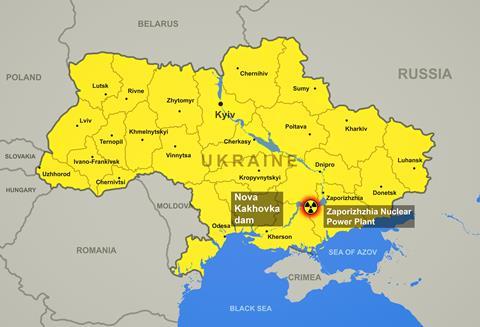
The reservoir, normally 17m deep, is now less than 9m deep, says Gumenyuk. This is below the level needed for the pumps supplying the ZNPP with water to operate properly.
‘After the Kakhovka dam was broken, the level [in the reservoir] rapidly dropped, as I know now the reservoir water level is below 9m,’ Gumenyuk explains. ‘It is necessary [to have] at least minimum 12.7m for it to be possible to feed the plant cooling pond; now the level is sufficiently less and therefore it is impossible to feed the cooling pond.’
As a pressurised water reactor, the ZNPP needs a constant supply of water for residual heat removal from the reactors and from the ponds containing spent fuel. Without sufficient cooling, the fuel rods within the reactor would melt and the overheating fuel would react with the zirconium cladding to produce hydrogen gas, increasing the risk of an explosion. This occurred during the Fukushima nuclear disaster in 2011, when the plant lost the ability to cool itself following a powerful earthquake and the subsequent tsunami.
Currently, five of the ZNPP’s six pressurised reactors are in cold shutdown and, as a result, the plant does not need the same amount of water as when all its reactors are up and running.
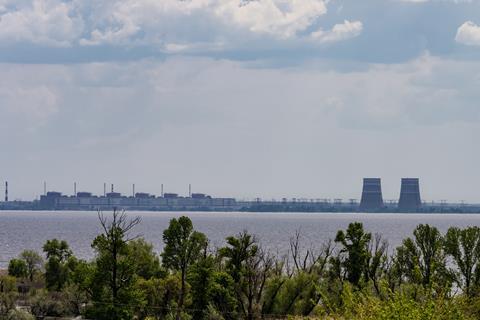
‘The core decay heating for each unit is very low,’ Gumenyuk explains. ‘Much less than 1% from normal power operation. So, the heat removal from the primary circuits, from the fuel, are not big and not much water will evaporate in comparison with normal power operation.’
There is also the possibility of switching to alternative water supplies including the plant’s smaller sprinkler cooling ponds, adjacent channels and onsite wells, which, the International Atomic Energy Agency said, can provide the cooling for the ZNPP for several months provided they stay intact. ‘There are possibilities and sources for feeding the spraying ponds in the case that we lose water level in the cooling pond,’ says Gumenyuk. He adds that currently the ZNPP’s cooling pond is at full capacity. ‘Now [the cooling pond] is stable, it is not starting to decrease. It is not the desired situation, but it is under control.’
Concerns have previously been raised that the situation at the ZNPP could lead to a nuclear disaster similar to that at Fukushima.
However, Mark Foreman, associate professor of nuclear chemistry at Chalmers University of Technology in Göteborg, Sweden, says that because most of the reactors have been switched off for so long, the amount of radioactivity inside the reactor fuel would be ‘minimal’ compared with Fukushima. ‘If a reactor accident happens, it’s happening on fuel which is very old in terms of the last time it was subject to nuclear fission; the quantities of the more carcinogenic iodines are pretty much zero,’ he explains.
‘It’s hard to know exactly what’s going to happen if they lose all cooling water from the reactors, but I think because the reactors have been off for so long it’s going to slow the process down and probably mitigate it incredibly. I think you’ve got potential to damage the equipment of the plant – and the one reactor to worry about is the one that’s been used recently – but I think compared to Fukushima, [ZNPP] is in a much better position, even if the worst happens.’
However, Gumenyuk is concerned that intensifying military activity as Ukraine goes on the offensive in the region is further complicating the nuclear safety of the facility.
Since the Russian occupation began in March 2022, the ZNPP has been at risk of losing its connection to the Ukrainian national grid, the source of its off-site power that can be drawn upon to keep the pumps working. Over this time the plant has lost off-site power at least seven times, largely because of shelling.
‘If the Russian Federation troops break the connection between the ZNPP and Ukrainian power grid, only the diesel generators could support the safety systems,’ says Gumenyuk. ‘But we don’t know about the state of these diesel generators, how much fuel is in this generator, we cannot monitor the conditions of the systems on the nuclear power plant.’
‘The only requirement for this is to remove Russian troops from the ZNPP,’ he adds. ‘If you’re speaking about prevention of an accident, our personnel could prevent this, but if you’re speaking about prevention of the terroristic attack, we cannot prevent a terroristic attack from the Russian federation,’ he adds. ‘We have enough time to perform all necessary accident management actions and I hope without additional terroristic actions we will not have an accident like Fukushima.’
‘A lot of the upgrades and new measures have been implemented at Ukrainian NPPs after the Fukushima accident in 2011,’ Gumenyuk adds. ’Now Ukrainian NPPs have a very high safety level; Russian personnel cannot moderate our NPPs.’





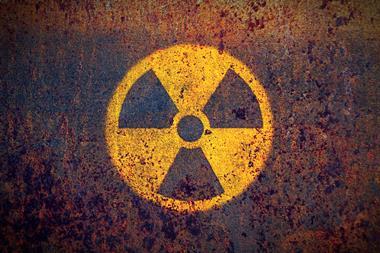
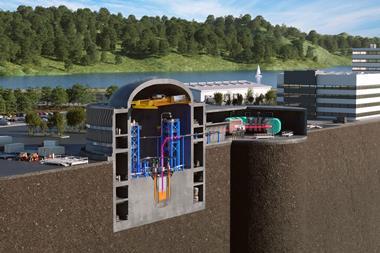
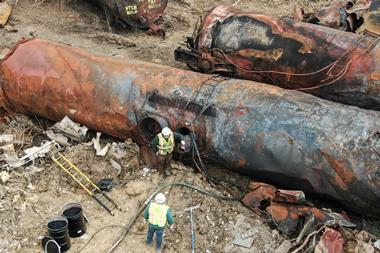
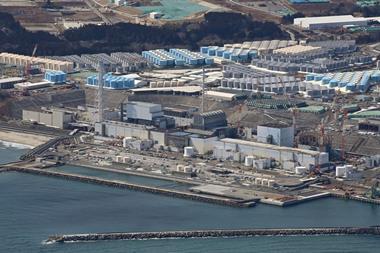
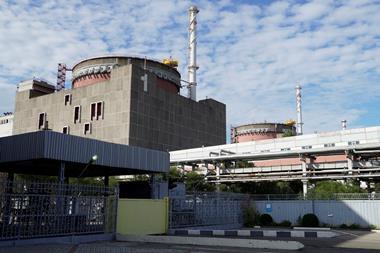
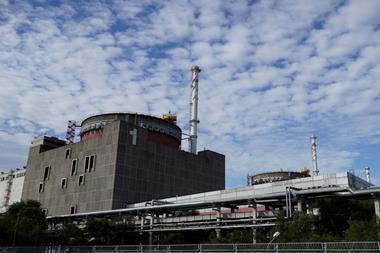






No comments yet